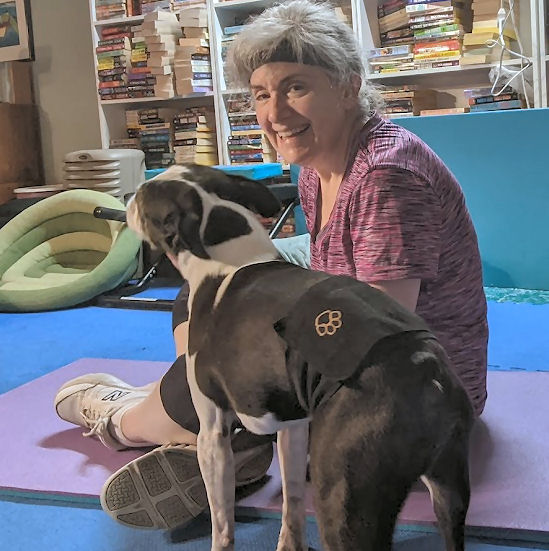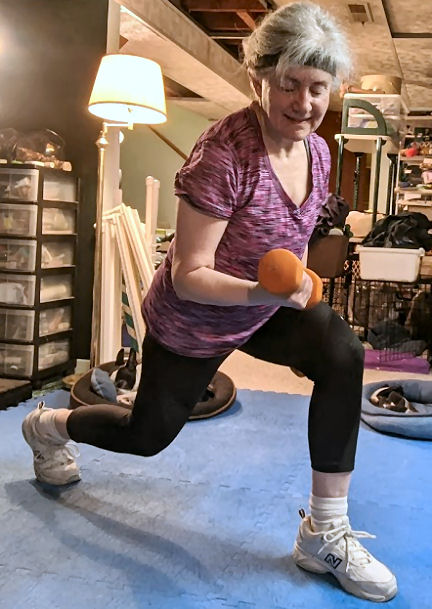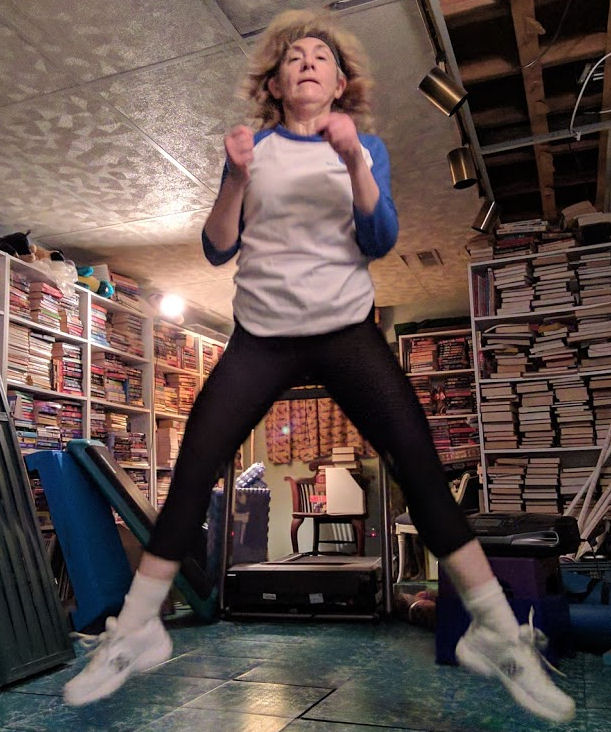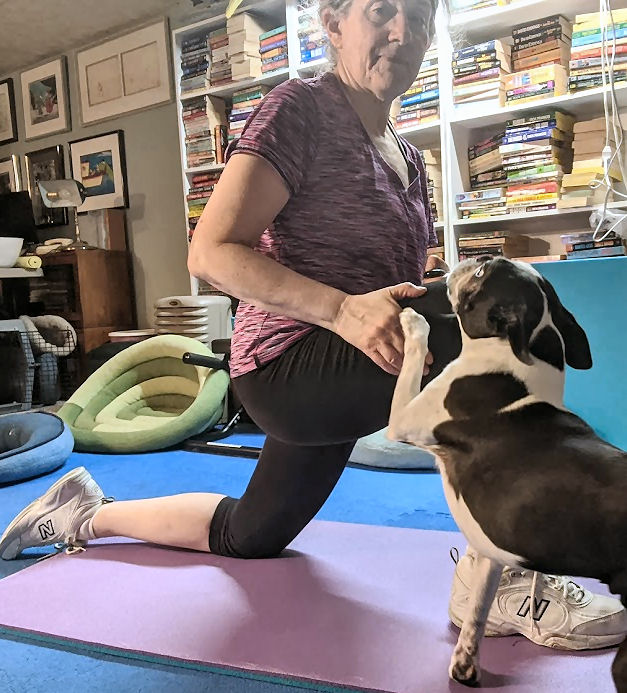I can picture it… There you are, living your life. Seemingly happy with your family, your job, your home, your friends. It’s been a while since you actually focused on yourself, so one day you may realize that there could be so much more to your life. If you could move better. Zip your pants. Not feel so bloated in the evening. And all those prescriptions. Taking a good, hard look at your daily life you may come to the conclusion that, “Yeah, it’s good, but it could be better. I need to get fit.” You need to focus on yourself!
What a reckoning moment! When we decide that our own fitness is a way to be happier and be more for our loved ones, it’s an earth-shattering decision.
There’s no easy fix, though. If it’s been a while since you made yourself a priority, it’s going to take a while to reap the benefits of that major decision. Make sure you start right and focus on yourself so that you can achieve the results you want.
The food
We all need to eat to survive. Chances are, if it really has been a while since you focused on your fitness, the foods you eat may not be the healthiest. I’m not a nutritionist, but I do know that what we eat is reflected in our body. When we eat right – watching the calories, reducing the fat, added sugar and salt, and eating more vegetables – our health improves and we lose weight.
The exercise
Exercise can help you “burn” more calories, so it does help us to lose weight. But, I think, more importantly, exercise is a mood-lifter. We feel happier when those endorphins post-exercise kick in. Exercise boosts energy and also helps to combat some diseases.
But start small
If it’s been a while since you focused on yourself, start with the little things. If you usually enjoy a scoop of ice cream for dessert, don’t cut it out entirely. Or if your servings of potatoes take up most of your plate, don’t eliminate your mash. Just reduce the serving. Maybe go for half of what you’ve been used to.
I’ve always been a firm believer of “Everything in Moderation.” If you cut all the good stuff out, you’re much less likely to stick with a plan. Perhaps, if you’re feeling it, enjoy your mashed potatoes, but cut out the cake and have fruit for dessert. I enjoy a couple of spoonsful (teaspoons – don’t get crazy!) of super-rich chocolate ice cream most nights.
Well-known fitness trainer Sohee Lee even advises the moderation approach. Especially at first, moderation is the key. More than that is unsustainable. Cutting all indulgences will just make you want them more. But if you have a tiny bit of whatever you’re craving, you’ll most likely be satisfied.
Start small with exercise too. I wrote about starting to exercise a little while ago. If you haven’t exercised in a while, start with a short walk after dinner a couple of days a week. Gradually extend the time and add another day or two in a few weeks. If you’re wanting more, search out a fitness class you think you can stick with. Be honest with yourself. Don’t attempt too much because that, too, is unsustainable. The last thing you want when you’re just beginning your fitness journey is an injury or pain. Now, a little bit of muscle soreness is to be expected if you’re using muscles you haven’t used in a while. But if you can’t walk for days after a workout, that’s not a good thing. Starting slow means that you’ll maintain your healthy progress.
Fitness is a journey. No one ever says, “I’m fit. Now I can quit.” There’s no quitting. Eating right, exercising and attending to your mental health is something you do for life.










